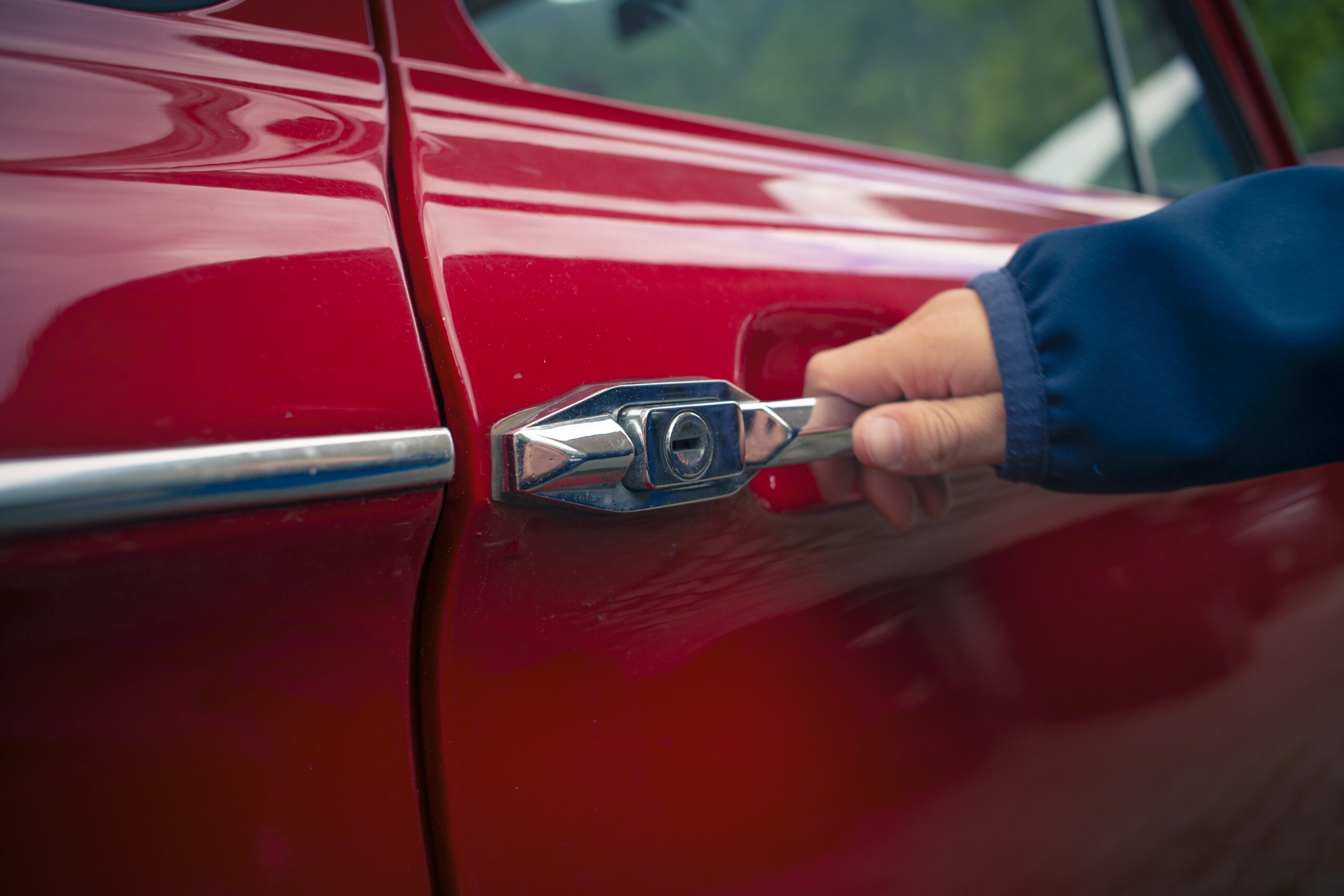Vehicle Sanctions and License Suspension in Castle Rock and Denver CO
The most common penalty for drivers operating a vehicle while under the influence of alcohol or drugs is license suspension. While this measure has been effective in reducing the number of alcohol-related accidents or deaths, accidents involving motorists who drive with suspended licenses remains a problem in the fight to stop drunk drivers from getting behind the wheel.
Vehicle sanctions is a common measure taken to reduce the number of violations committed by drivers with suspended licenses. Sixty-one percent of 3rd time DUI offenders and 32% of suspended 2nd time DUI offenders received violations and citations while operating a vehicle with a suspended license, according to the DUI Foundation. Imposing vehicle sanctions prevent these drivers from operating their vehicles for a specified period of time or limit their use of their vehicles.

There are various ways a driver’s vehicle can be sanctioned. Many states enforce vehicle sanctions through confiscation or impoundment. Other methods of vehicle sanctions are license plate removal or impoundment, driver registration suspension or marking a driver’s license plate so that he is easily identified as being convicted of DUI. Installation of ignition interlock devices are another increasingly popular method of vehicle sanctions. Ignition interlocks are breathalyzer-type devices installed in a driver’s vehicle. The driver blows into the device before he starts his car. If a blood alcohol concentration of .08 or higher is detected, the driver’s vehicle will not start. Another type of vehicle sanction enforced is allowing a driver to keep his car, but a court orders a club to be installed on the steering wheel to immobilize it, or one of the car’s wheel is locked with a boot.
For more information or to schedule a free consultation with one of our Castle Rock Colorado Lawyers, please contact us.


